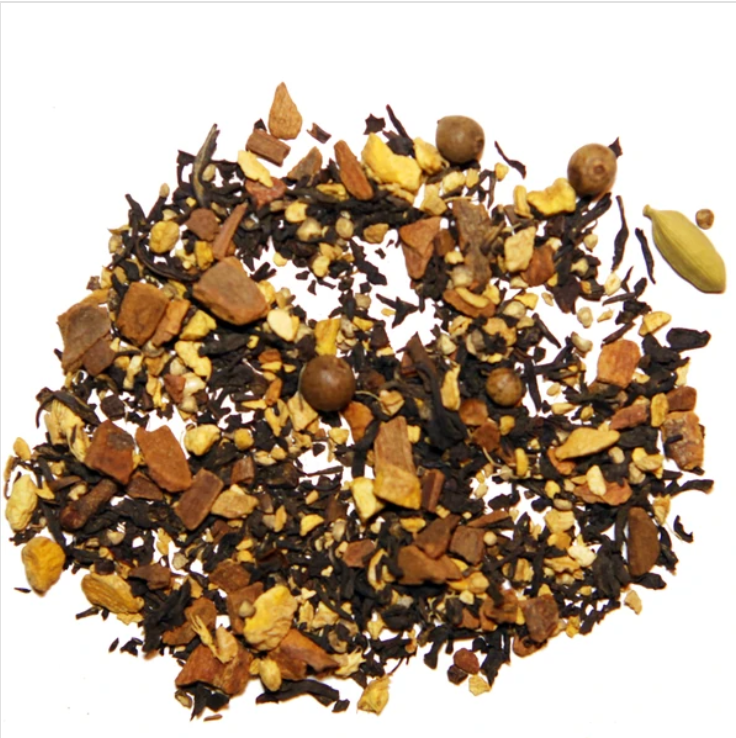A Different Definition of "Culture"
To "culture" means to encourage something to grow.
This isn't the definition of "culture" we tend to think of when we employ the word in the terms of 'culture wars' or promoting a separatist and protective stance towards the world. For those highly involved in the world of politics, religion, and social health, "culture" is usually portrayed as something you are for or against, something that carries negative tones to it in entirety. One needs simply to canalize one's way through culture and hope to make it to the western sea where one can enisle oneself in safety.
And, yet, such an approach towards "culture" is really a limited and naif approach that does little by way of encouraging anything more than resistance, a besetting attitude towards anything different from one's own convictions, and ululations about how bad things have got.
It certainly does not encourage change, creativity, and hope. It does not promote peace, mutual respect, or forgiveness. Instead, feelings of bitterness, shame, anger, and prejudice grow both individually and corporately as social, spiritual, and psychological hovels.
We have a summer garden. If you have one, you'll follow my analogy. If you don't have one, I simply want to encourage you to begin plotting one out for next year. There's a lot of theology and wisdom to be learned in the dirt.
In our garden, we realized a couple things this year. We realized, first of all, that kale is an *amazing* plant and the growth of it has more than paid for whatever money we put into the garden to get it started. But we've also realized that a garden must be fostered by a few simple things in order to produce crops worth eating. First, a garden must have good soil. I learned this the hard way when my garden last year simply did not produce more than a few green beans and a couple carrots. Second, a garden must have space. When you crowd it out--even with the good intention of a high return--it will produce lackluster crops, if it will produce crops at all. Third, it must have adequate nutrients. Too much water, especially early on, and you can drown the seeds. Too much sun without enough water, you can burn the plants or they can struggle to simply survive. If the plant does not have the right balance of the things necessary for life (a matter of discipline for the gardener), it will also fail to grow up to its own potential.
You MUST culturize the garden. You must "encouage" what you want to grow in it. Without culturizing it, not only will it not produce edible crops--it will be overtaken by weeds which suck the very life out of the plants. Indeed, it will cease to be a garden bed and will only be a weed bed. You now have, in turn, encouraged weeds to grow by apathy.
One doesn't need to look far and wide to realize how overtaken our world is with weeds. We're a world chock full of corruption, selfishness, anger, betrayal, immorality, pain, and so on we could go. But simply recognizing it, demonizing it, and avoiding it does nothing to actually stop the spreading of the weeds, much less bring about the wonders of a copious garden.
Imagine two people sitting on a porch overlooking the garden. They can do what we often do: spend hours talking about the weeds and theorize about how to solve them. They can post on Facebook about how the weeds are the bete noire of their existence. They can even find blame where they want--perhaps they were simply weak seeds or their boss doesn't give them enough time to garden properly or the high heat is the fault of corporate greed and global warming.
But certainly such an approach, while not entirely useless, is far from a sufficient approach to farming and producing good crops. One must take action and there one as ne has two choices: the whole concept of ever producing a good garden is ditched. Light it on fire. Suffocate the suckers out of there (good luck) or do what most of my neighbors do and just give up.
Or one can take a deep breath, put on the gloves, and begin the weeding process, one weed at a time. It's more enjoyable than you think. Sometimes you find treasures, a fruit or vegetable that had enough character to fight the corruption. We found, interestingly, a strawberry plant that never produced anything at all when I planted it two years ago but has grown in abundance this year. But by removing, individually, the very things that encourage the growth of that corruption, slowly and patiently, one can reverse the very culture that is embedded in the garden and, at the same time, create a culture which will produce a wonderful harvest.
In coming weeks, I'll be exploring more what that looks like between the Church and our "culture". And I mean what I say: I will be exploring this, for I have few answers of my own at a meta-level. Indeed, just as in the garden, one must get down on one's hands and knees to examine each individual weed and crop before deciding to pull it up. We'll be talking "reculturizing" in a way that is that encourages the growth of things that are rooted in the soil of the Gospel.
Christian Joudrey




